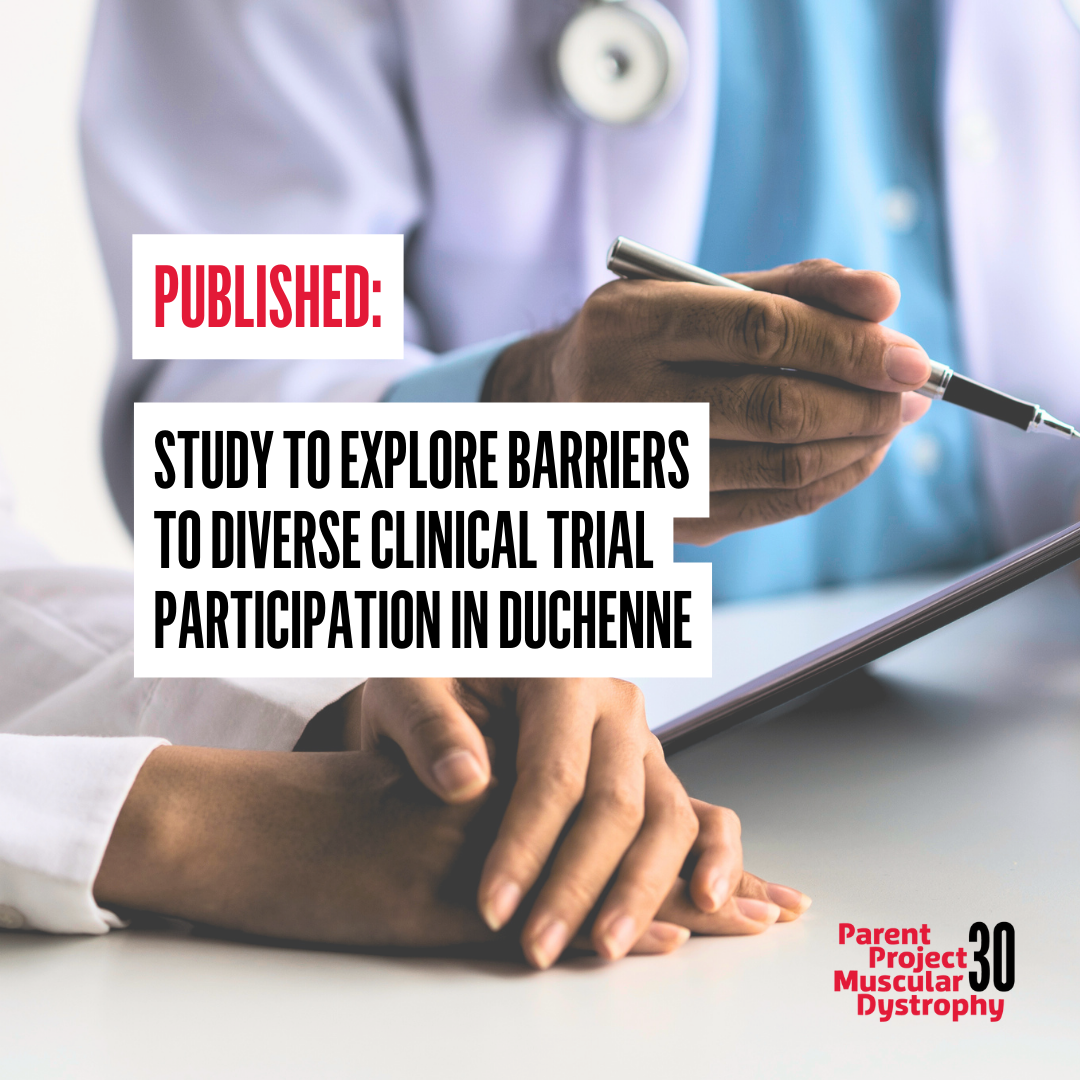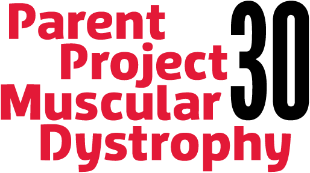
PPMD is pleased to share that the article, “Barriers to diverse clinical trial participation in Duchenne muscular dystrophy: Engaging Hispanic/Latina caregivers and health professionals,” has been published in the Orphanet Journal of Rare Diseases. This qualitative study aims to understand the barriers faced by Hispanic/Latino families specifically and underrepresented groups more generally to clinical trial participation in Duchenne.
PPMD team members along with other researchers and healthcare professionals began the initial work on this study in 2022. The research team was led by Norah L. Crossnohere, PhD, from The Ohio State University College of Medicine, with Niki Armstrong, MS, CGC serving as the Principal Investigator. They also served as authors of the publication along with members of the assembled Community Advisory Board.
Clinical trials allow people with Duchenne and Becker to access novel treatments, but data shows that there is a lack of racial, geographic, and socioeconomic representation in trials. A lack of appropriate representation of the patient population in clinical trials results in studies with limited generalizability, meaning we may not accurately understand the benefits and risks of a drug in the broader population due to only a narrow segment of the population being included in the clinical trials. As part of our mission to make sure every individual diagnosed can receive optimal treatment, PPMD aims to break down barriers, expand access, and improve representation in clinical trials.
Key Insights
This research engaged both Hispanic/Latino caregivers of children with Duchenne in the US and health professionals to explore attitudes towards and experiences with clinical trials, as well as barriers to clinical trial participation among socio-demographically underrepresented families.
Barriers to participation in trials spanned multiple stages of the clinical trial process. The study showed that each stage of the clinical trial recruitment and enrollment process posed stage-specific barriers to diverse participation in clinical trials. These barriers include:
- Lack of awareness about trials
- Clinical trials taking place at clinics that were less likely to serve diverse patients
- Ineligibility
- Anticipated non-compliance in clinical trial protocols
- Language discrimination
- Concerns about characteristics of the trial
- Mistrust/lack of trust
- Lack of timely decision support
- Logistical factors (distance, time, money)
- Lack of translated study materials
Next Steps
Addressing barriers in clinical trial recruitment and enrollment can significantly enhance diverse representation/participation in clinical trials. Moreover, true progress can be achieved by overcoming trial stage-specific barriers.
PPMD remains committed to continuing our work to expand access to clinical trials, with specific focus on areas related to diversity, equity, and inclusion including:
- Collecting data to assess clinical trial participation
- Supporting data-driven collaborations to better understand the relationship between the population genetics of Duchenne and its prevalence among racial groups
- Addressing health disparities by building on research to pinpoint where barriers exist and inform how to improve access to quality care, education, and engagement
- Collaborating with the Centers for Disease Control and Prevention (CDC) to conduct a prevalence study using the data from the CDC’s Muscular Dystrophy Surveillance, Tracking, and Research Network (MD-STARnet)
- Working collaboratively with industry members in the pre-competitive space of the Duchenne Drug Development Roundtable to identify and address barriers for underserved populations.
- Ensuring resources are available to non-native English-speaking families with translations of PPMD resources
PPMD greatly appreciates the families and clinicians who participated in this important work, as well as Pfizer, Inc. and Sarepta Therapeutics for their funding support of the study.



 by: Parent Project Muscular Dystrophy
by: Parent Project Muscular Dystrophy

